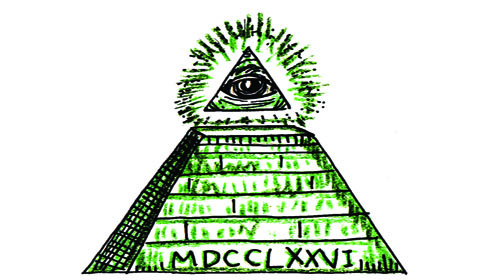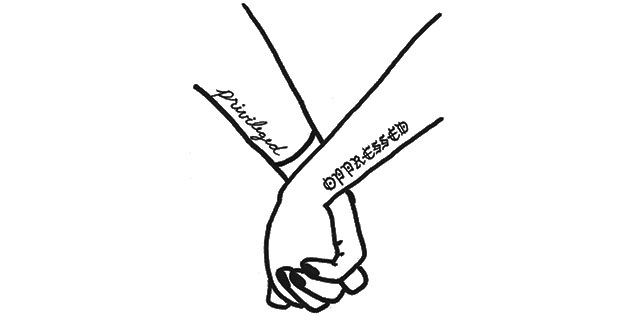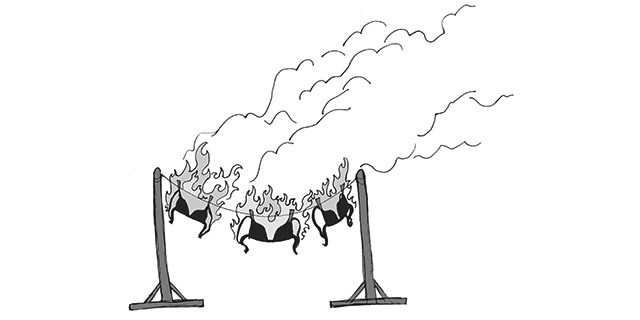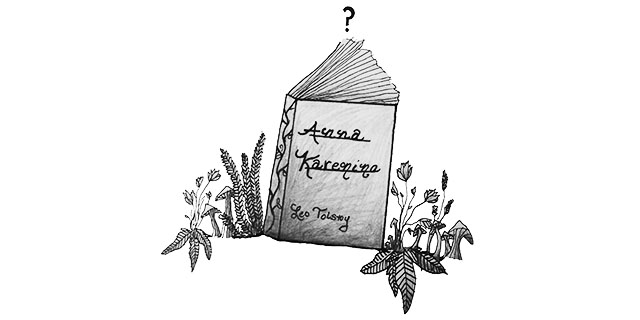
History has a funny way of changing through different points of view. Sometimes the facts aren’t clear; heroes might be villains, and victors might be losers, depending on someone’s subjective perspective. Sometimes, paranoia sets in, and speculation of conspiracy overtakes the facts. My theory is that some elderly people who attempt to challenge reality with intricate conspiracy theories actually seek drama and excitement rather than truth.
I cannot count the number of times one of my grandparents has said, “You’ll see, things are not as they seem.” When my grandma looks at me with her convincing, wise eyes, I want to believe her as she claims that Elvis Presley is still alive, but I always wonder if her detailed and often implausible stories are the result of an overactive imagination. Let’s face it: my grandparents have lived much longer than I have at this point, and all they really want out of their years is a little excitement and an intriguing story to tell.
Recently, I had a conversation with my grandmother about Princess Diana, the Princess of Wales who was known to have tragically died in a car accident. Some people, however, believe her death was no accident. They believe the paparazzi, the royal family or the British military may have instead planned her death. My grandmother proceeded to tell me with certainty that Princess Diana’s death was a deliberate affair. While she seemed unsure of the true cause, she was insistent that her death was no accident. She and many others hold true to their beliefs that Princess Diana’s death was not just a car accident because Princess Diana was so beloved by the public. To my grandma and many others, Princess Diana was an inspiration, and her death was tragic. Such an iconic and admirable princess could not have died in such a “generic” way. No. She must have had a more dramatic, shocking death that left her admirers with a mission to seek the “true” story.
But could these theories also stem from paranoia? When Neil Armstrong landed on the moon, most were excited and proud of this accomplishment. But some of our grandparents were distrustful. Was it all some government ploy? Did it actually take place on a set? This paranoia springs from reluctance and unwillingness to accept change. By letting go of paranoia, one can gain more trust in information and become calmer and at peace with certain aspects of reality. While I adore my grandmother, I realize that she may benefit from letting go of her paranoia and accepting reality for what it is.
Could it also be that our grandparents simply did not have accessible resources to either confirm or refute controversial information? In our modern age, the Internet often helps me either corroborate my beliefs or know that I am on the wrong track. On the other hand, the Internet may also fog our minds with even more doubt and paranoia. It’s generally unhelpful to come across restaurant reviews that claim the “food is cursed” or the “the customers are doomed.” Because the Internet is so accessible, rumors spread rapidly and the Internet becomes a catalyst for potentially false theories. Straying away from flawed and unreliable information on the Internet is helpful yet difficult due to its abundance. Thus, the Internet can either quell our underlying paranoia or cause it to rise to the surface, exposed and indomitable.
Regardless of the facts, I won’t deny that I love my grandmother’s elaborate stories. These stories are what make our grandparents who they are: unpredictable, yet indisputably loveable. But, next time you talk to one of your grandparents, inform them that we did in fact visit the moon; Elvis Presley is surely dead, and Princess Diana’s death may have merely been accident.




